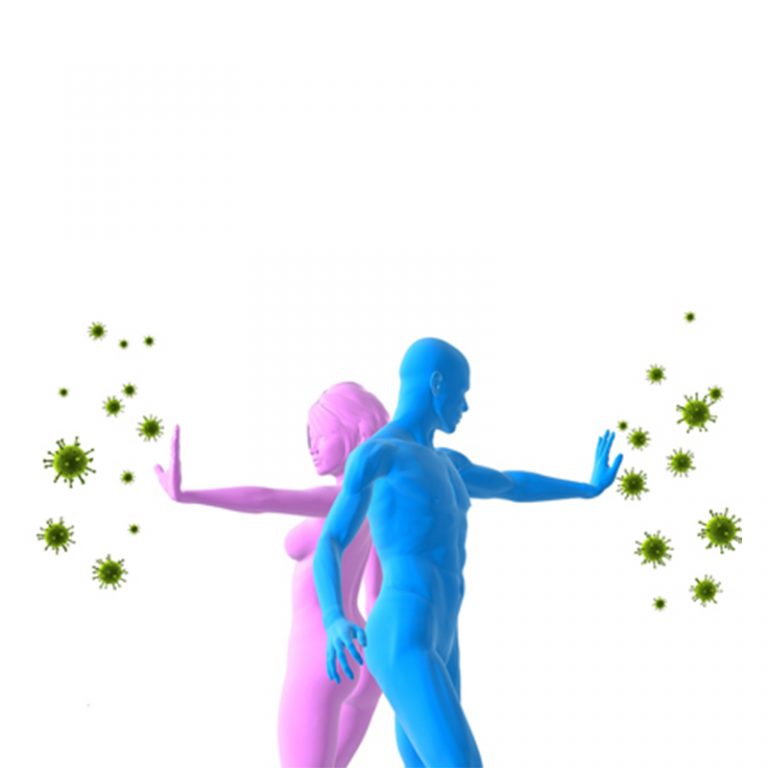Ayurvedic Treatment For Red Eyes
Red, bloodshot eyes affect all of us at one time or another and may be caused by nothing more than lack of sleep or staring at a computer screen for long periods, when the intense concentration causes us to blink less frequently and the surface of the eye dries up. The redness is caused by swollen or dilated blood vessels on the sclera – the eye’s white outer layer. This colouration can be accompanied by itching, blurred vision or heaviness of the eyelids but the symptoms will usually disappear with rest.
When this condition is experienced regularly it is essential to find out the exact cause as any treatment undertaken is otherwise unlikely to succeed. The list of possible courses is long, and includes a possible allergy, a mineral deficiency, a liver disorder, or high blood pressure. In fact, the eyes can indicate a problem in virtually any part of the body and in Ayurvedic treatment medicines are prescribed accordingly. Eye drops may be used when there is a localised deficiency or imbalance.
The cooling effects of Sheetali and Sheetakari Pranayama can be very beneficial (see Yatan Yoga and Yatan Yoga Therapy). Splashing cold water into the eyes for one minute can also give considerable relief.
For further information on Ayurvedic treatment for red eyes or how to treat red eyes please call the Yatan Holistic Ayurvedic Centre on 1300 552 260.
How to Get Rid of Red Eyes?
If you’re dealing with red eyes, here are some simple remedies:
- Gently rinse your eyes with cold water.
- Apply a cold compress to soothe irritation.
- Using general eye drops as it can offer temporary relief.
However, if you experience persistent redness along with pain, blurred vision, or discharge from the eyes, it’s essential to seek medical attention immediately. If you are seeking an Ayurvedic treatment for red eyes, call us on 1300 552 260.
What Causes Red Eyes?
Red eyes can occur for a variety of reasons, including:
- Allergies: An underlying allergy might cause inflammation and redness.
- Mineral Deficiency: A lack of essential minerals can affect eye health.
- Liver Disorder: Certain liver conditions can manifest as red eyes.
- High Blood Pressure: Elevated blood pressure can cause blood vessels in the eyes to expand.
- Environmental Factors: Excessive heat exposure can lead to dry and irritated eyes.
- Digital Strain: Prolonged screen time can dry and strain the eyes, leading to redness.
Always consult with a healthcare professional if you’re concerned about the cause or how to treat red eyes.
Frequently Asked Questions
What causes red eyes as per Ayurveda?
Red eyes in Ayurveda are typically caused by an aggravation of the Pitta dosha. Excessive heat, exposure to bright light, consumption of spicy and hot foods, prolonged screen time, and inadequate sleep can all contribute to this imbalance and result in redness of the eyes.
What is the fastest way to treat red eyes in Ayurveda?
The fastest way to address red eyes in Ayurveda involves cooling the eyes and balancing Pitta. You can use rose water or cucumber slices as eyes for cold compresses, or gently wash your eyes with cool water.
How can I get rid of red eyes naturally?
If you are looking for how to treat red eyes naturally, you may follow the below mentioned tips.
- Keep your eyes hydrated by splashing them with cold water.
- Use the 20-20-20 rule: Every 20 minutes, take a 20-second break, and focus on something 20 feet away.
- Consume cooling foods like coconut, cucumber, melons, and leafy greens to balance Pitta.
- Apply rose water pads or aloe vera gel to your eyes for a soothing effect.
Can a red eye go away on its own?
Yes, mild cases of red eyes due to temporary factors like lack of sleep or eye strain may resolve on their own. However, if the redness persists, it’s important to address the underlying cause to prevent further complications. Please call us on 1300 552 260 if you are looking for Ayurvedic treatment for red eyes.
What triggers red eyes?
Red eyes can be triggered by various factors, including excessive screen time, excessive heat, eye strain, allergies, dryness, infections, and certain medical conditions.
Are red eyes a symptom of anything?
Red eyes can be a symptom of different underlying health issues, such as allergies, conjunctivitis (pink eye), dry eye syndrome, or more serious conditions like glaucoma. If redness persists or is followed by pain, discharge, or changes in vision, it’s best to consult a healthcare professional.
When should I be worried about red eyes?
You should be concerned about red eyes if you experience severe pain, blurred vision, discharge, or if the redness doesn’t improve after a reasonable period of time. It’s advisable to consult a healthcare provider for a proper diagnosis and treatment.
How does Pitta dosha affect the eyes?
Pitta dosha governs the fire and water elements in the body. When Pitta is imbalanced, it can lead to excess heat and inflammation in the eyes, causing redness, irritation, and sensitivity to light.
How to treat red eyes at home?
Some home remedies for treating red eyes in Ayurveda may include using general eye drops, cucumber slices, or cold compresses on the eyes. Additionally, maintaining a Pitta-balancing diet and staying hydrated may help in relieving the redness. But it’s best to consult an Ayurevic practitioner before starting any treatment.
Which food is best for eyes in Ayurveda?
In Ayurveda, foods that have a cooling and nourishing effect are beneficial for the eyes. Some examples include coconut, sweet fruits, leafy greens, cucumber, ghee, and milk.
What herb helps with red eyes?
Triphala, a combination of three fruits (amalaki, bibhitaki, and haritaki), is recommended in Ayurveda to support eye health.
What vitamin deficiency is red eyes?
Vitamin A deficiency may contribute to various eye problems, including redness and dryness. Adequate intake of vitamin A-rich foods, such as carrots, sweet potatoes, and dark leafy greens, can help support eye health.
Which Ayurvedic herb is best for eyes?
Along with Triphala, Ayurveda suggests using herbs like Neem (Azadirachta indica) and Amalaki (Indian gooseberry) for maintaining eye health. Neem has anti-inflammatory properties, while Amalaki is rich in antioxidants that benefit the eyes.

*Discover holistic healing with a complimentary phone or video consultation from our expert Ayurvedic practitioner. Start your path to better health today!*





















